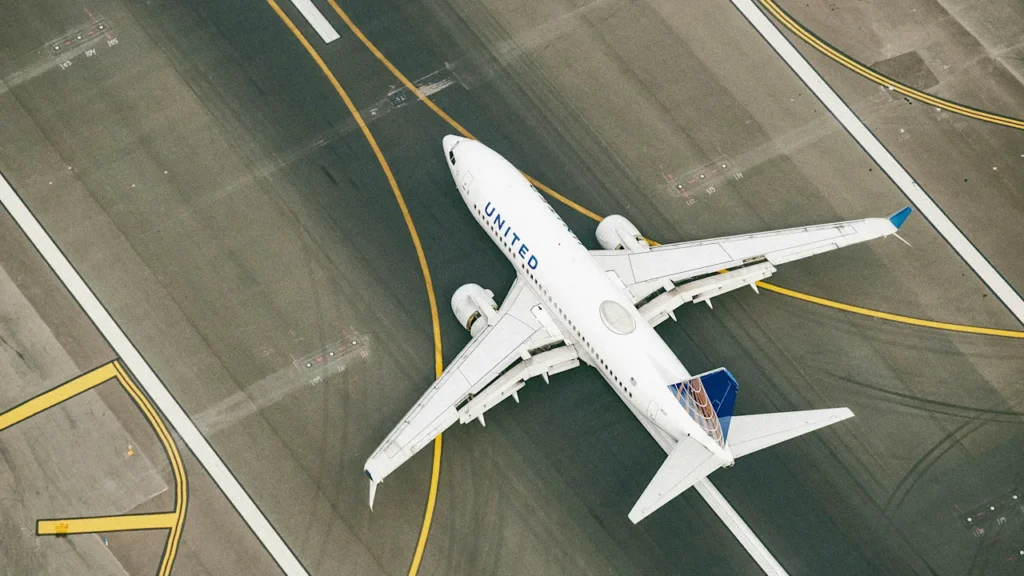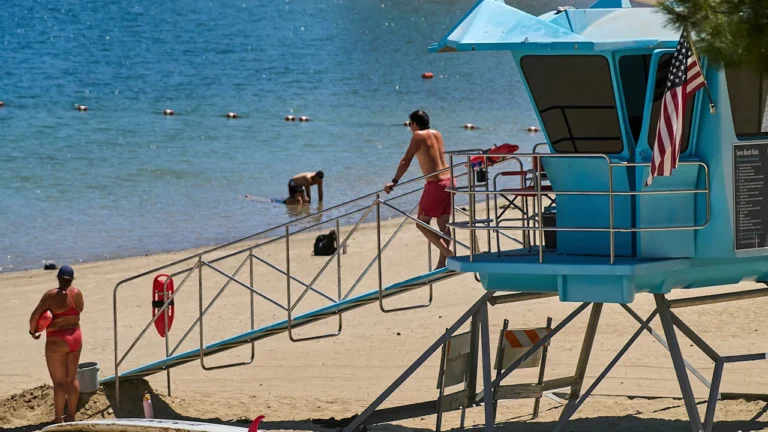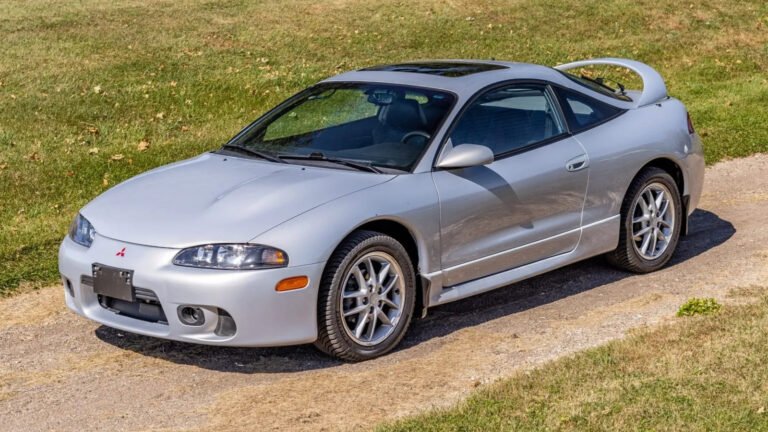
For years, some of the biggest airline companies in the U.S. have been increasingly relying on ancillary fees—like advanced seat assignments and carry-on bag costs—to meet their bottom lines. Now, passengers are getting sick of it.
On August 19, two separate lawsuits filed against Delta and United allege that both airlines have charged passengers an extra fee for “window” seats that didn’t actually have windows.
“This class action seeks redress for Delta’s intentional practice of charging passengers premium fees to obtain seats that Delta indicates have a ‘window,’ but which are actually next to a blank wall,” the Delta suit reads.
The lawsuits come as airlines’ complicated ticketing processes have faced increased scrutiny for potentially using dark patterns to deceive customers and boost bottom lines.
“Windowless” window seats
The first lawsuit was filed against Delta by plaintiff Nicholas Meyer and his attorneys at the litigation firm Greenbaum Olbrantz, while the second suit against United was filed by two attorneys at the same firm.
According to a report from The Washington Post, Meyer was flying to California on Delta Flight 826 in seat 23F—a spot he’d paid extra to secure in order to sit next to a window. When he arrived at the flight, however, he found that his seat actually faced a bare wall.
“For many years, Delta has knowingly and routinely sold windowless ‘window’ seats to travelers,” the suit reads. “For instance, various models of Delta’s Boeing 737, Boeing 757, and Airbus A321 aircraft are built with one or more seats that would traditionally have a window, but do not include one due to the placement of air conditioning ducts, electrical conduits, or other interior components.”
The document goes on to claim that Delta “has likely sold over a million windowless ‘window’ seats throughout the class period.”
The United suit flags the Boeing 737 and Airbus A321 as two aircrafts used by the company with the problem, providing the same estimate of over a million “windowless” seats sold.
In an email to The Post, Meyer’s attorney, Casey Olbrantz, added, “Many other airlines affirmatively disclose to consumers that the very same seats have ‘no window view.’ United and Delta could easily do the same, but they conveniently omit this fact and accept substantial extra fees that consumers would not have otherwise paid.”
United declined Fast Company’s request for comment on the lawsuit, and Delta did not respond by press time.
A bigger problem
The frustration over paying extra for an allegedly “windowless” window seat reflects a broader pattern among some of the largest players in the airline industry.
According to a Senate report released late last year, between 2018 and 2023, the airlines American, Delta, United, Spirit, and Frontier netted $12.4 billion in revenue from ancillary fees like advanced seat assignments and carry-on bags. The report also posited that deceptive UX practices and dynamic pricing helped to drive up costs for passengers.
“Airline websites and mobile applications bury critical information, such as the cost of selecting a particular seat, at later stages of the booking process,” the report alleged. “At some airlines, proprietary algorithms use consumer data to help set the price of fees so that different people attempting to book the exact same flight at the exact same time may be charged different prices for checking a bag.”
Several airlines have abandoned elements of their unique branding to play into this game of additional add-ons: In 2024, Spirit Airlines moved further from its origins as a low-budget carrier by implementing a new seat class with extra add-ons, while Southwest scrapped its iconic “bags fly free” and open seating policies in favor of a tiered pricing system.
And this July, Delta announced that it has begun using AI to institute dynamic pricing based on factors like seat availability, current news, weather conditions, and even fluctuating oil prices.
The cumulative effect of these changes is that, over time, every airline is starting to behave similarly—and the passenger experience is suffering.






